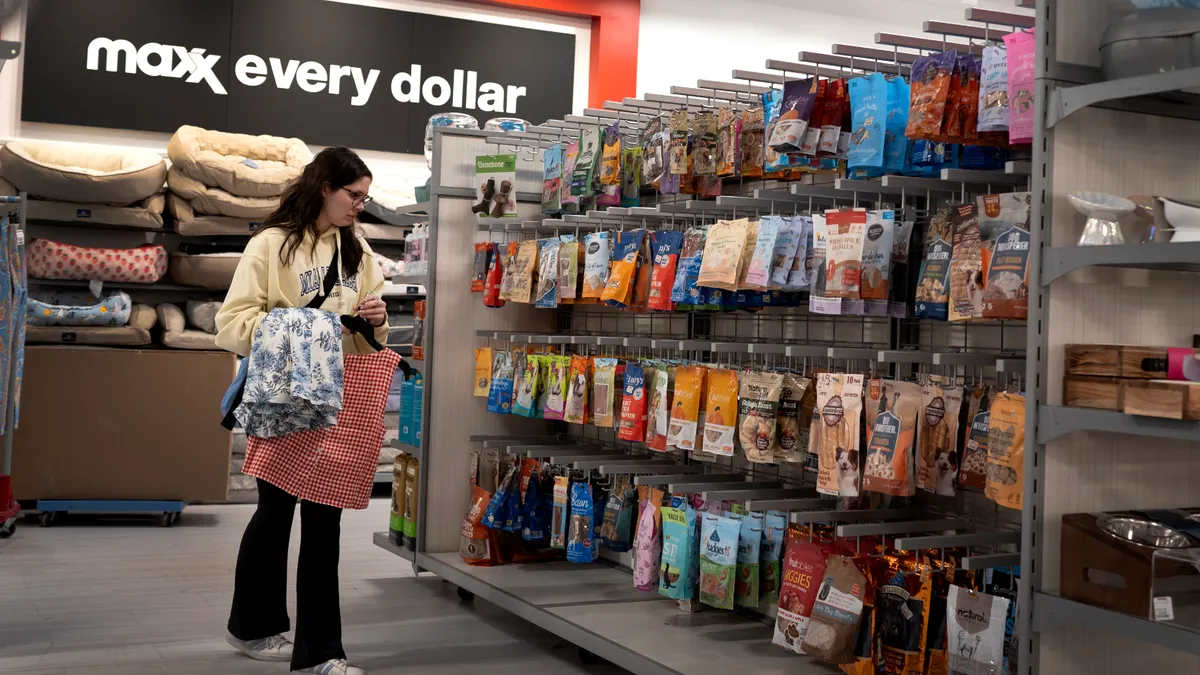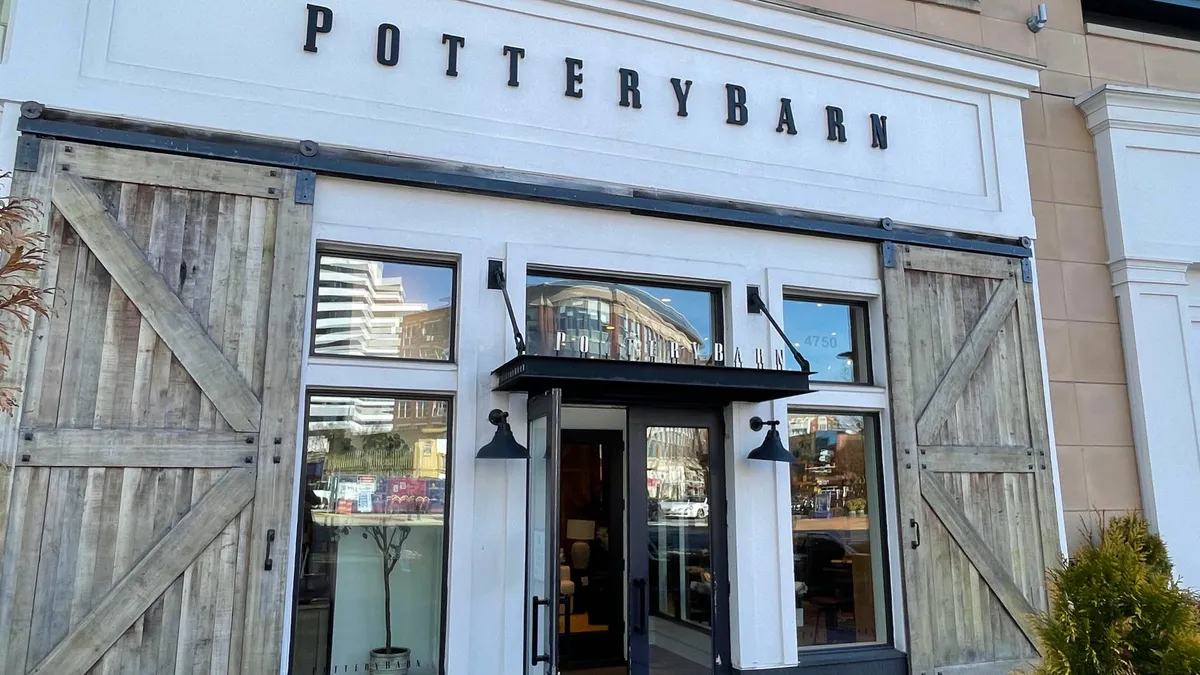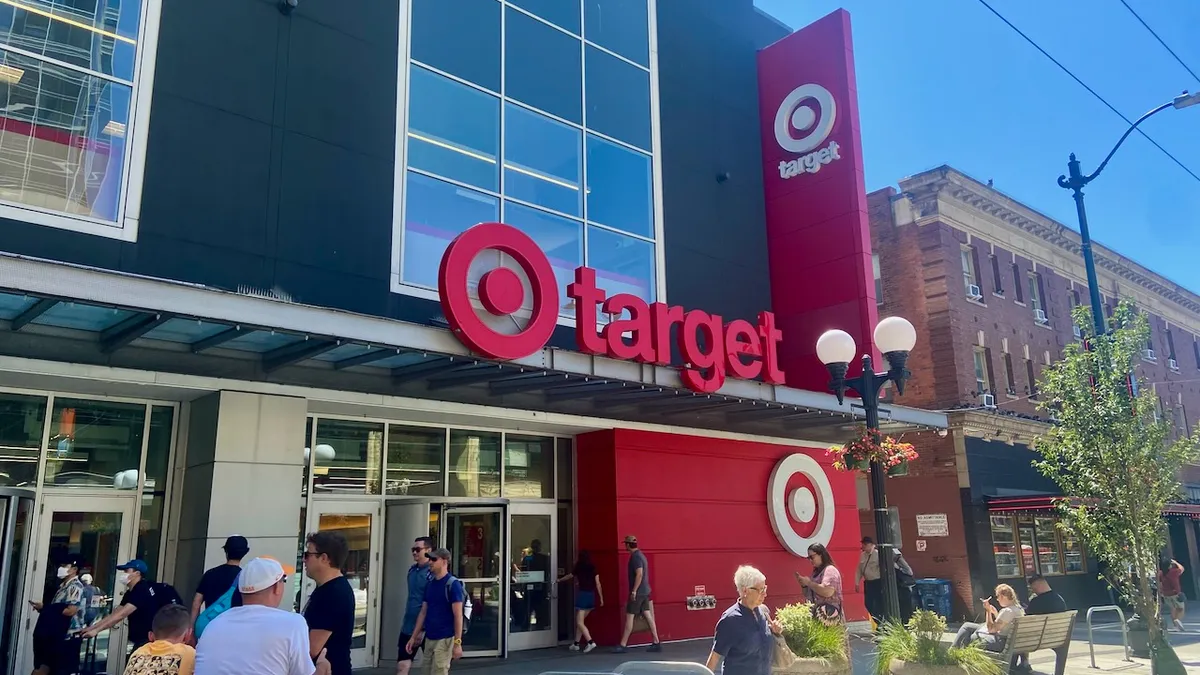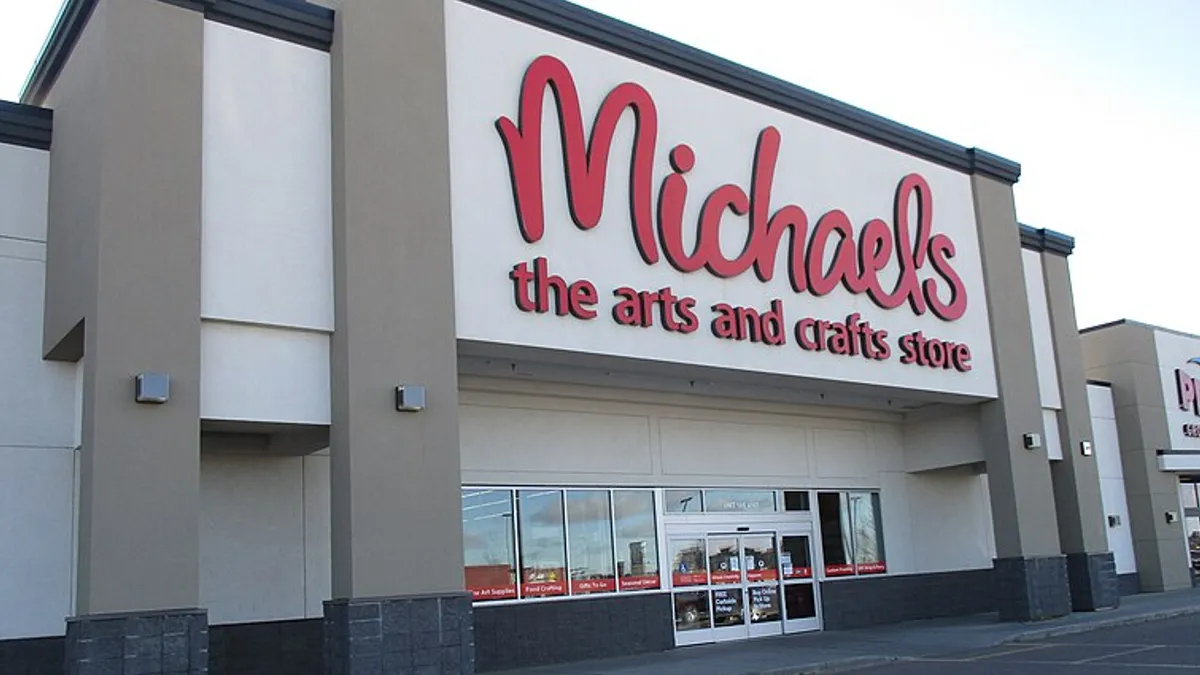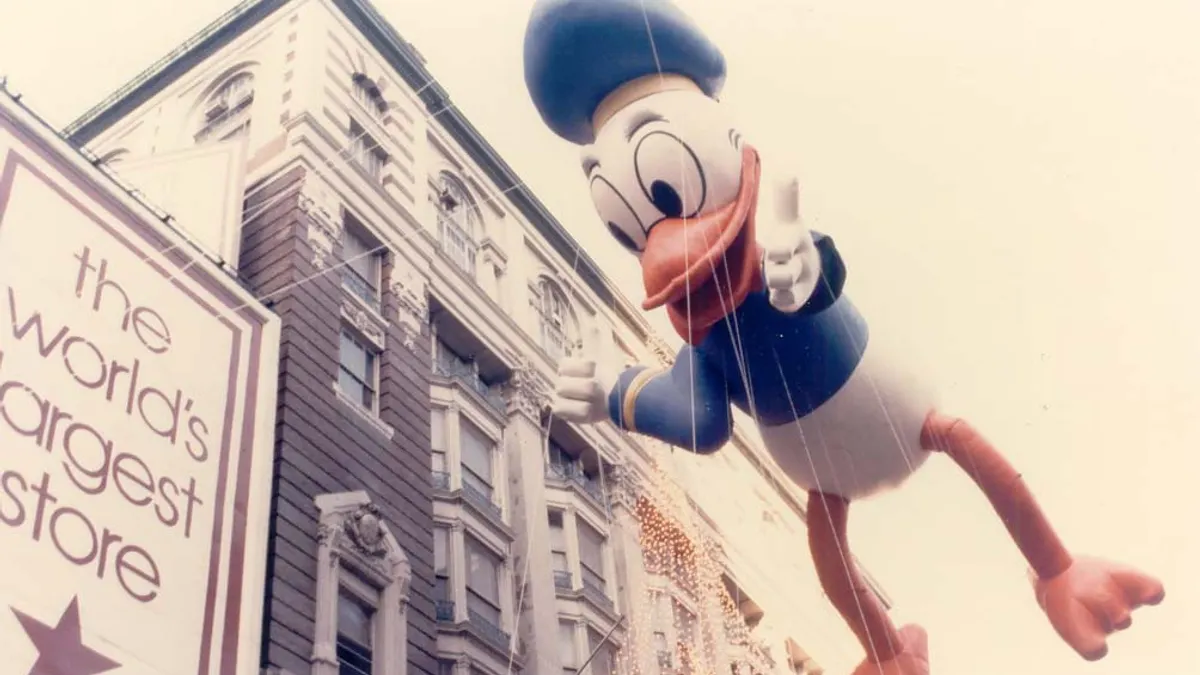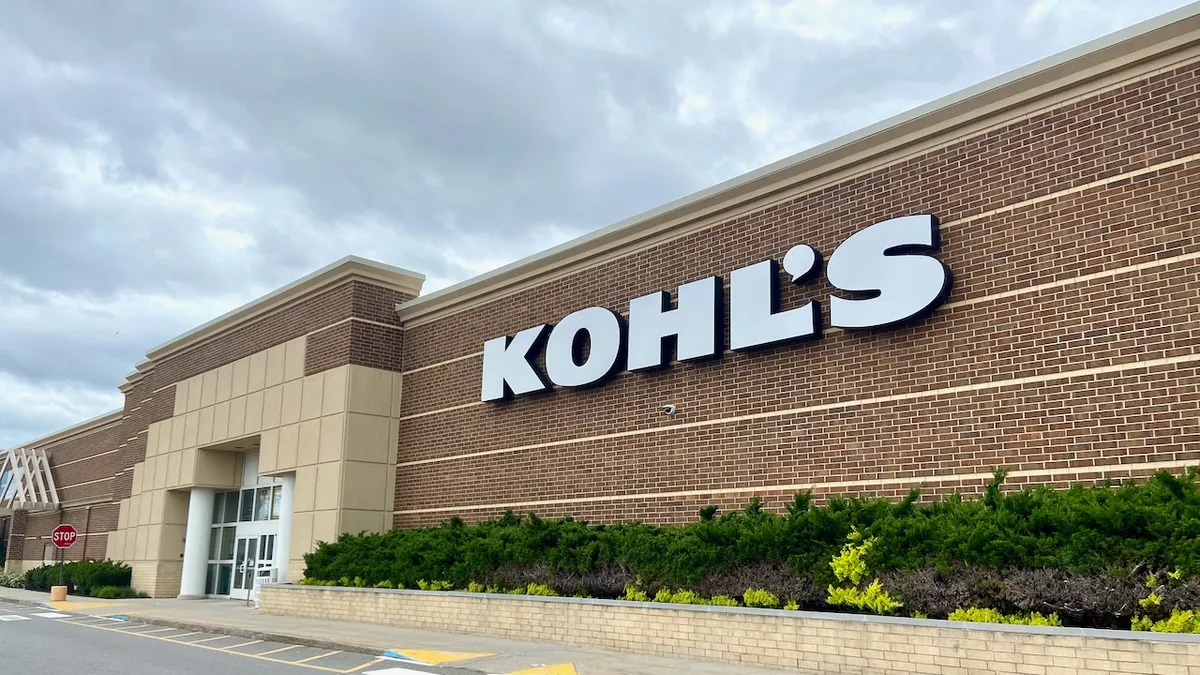Andy Hoar doesn't shy away from making provocative statements on where the business-to-business market is heading.
A little over a year ago, Hoar—Forrester Research's principal analyst for eBusiness and channel strategy—published a report titled "Death of a (B2B) Salesman," in which he predicted that one million B2B salespeople would be put out of work by 2020, due mostly to evolving e-commerce buying practices affecting the B2B market. He also stated point blank that "B2B sellers are out of touch with B2B buyers."
Just last month, Hoar published another report on the state of B2B, "B2C Sets the Standard for B2B," in which he looks at the ongoing "consumerization" of B2B buying practices. While B2B salespeople may be exiting stage left, the B2B e-commerce market is exploding. Hoar predicts the U.S. B2B e-commerce market alone will grow from $855 billion this year to more than $1.1 trillion in 2020, the same year he projects so many B2B sales offices will look like ghost towns.
Is there anything traditional B2B sellers and distributors can do as they witness their longstanding business model yanked out from under them? Hoar says they do have options, one of which is to make a deal with the "devil": Amazon.
Retail Dive spoke with Hoar about the rapidly changing B2B e-commerce market, Amazon's major role in this change and what B2B players can do about it. The conversation has been edited for length and clarity.
RETAIL DIVE: What's the role of consumerization in B2B e-commerce growth?
HOAR: Fundamentally every B2B customer is a B2C customer as well. For the same reason someone can go online and buy a [virtual reality] headset sight unseen, they can now buy an electrical capacitor sight unseen. It's bleed-over behavior. It's really the customer saying 'I can do this in B2C. Why can't I do this for my B2B buying?' On the demand side, the change is B2C buyers with businesses are now becoming B2B buyers online, and on the supply side the changes is that companies like Amazon are making it easier for them to do that.
How is this affecting traditional B2B buying practices?
HOAR: In B2B right now, there are professional buyers [corporate procurement managers] and non-professional buyers. Somebody says to a procurement manager, "I need you to buy 5,000 ball bearings," and they'll order that from a manufacturer on a select list. Things are shifting, and buying is evolving to non-professional buyers. The procurement manager creates the list of approved suppliers, negotiates the contracts and manages spending at a high level, but now, an engineer can make the order. He knows what kind of ball bearings he wants, right? E-commerce technology allows non-professional buyers to become professional buyers. And non-professional buyers are even more influenced by their own B2C behavior.
How is this changing the relationship between B2B sellers and their customers?
HOAR: In "Death of the (B2B) Salesman," we put that number out there about how many fewer salespeople there will be, but behind that research number is a more important point—technology is changing the customer experience. B2B salespeople who took orders over the phone are being replaced by self-service web sites designed to optimize the shopping experience.
In the past if you were an electrician and you needed and electrical capacitor, you would call your supplier and say, "John, this is Bob, I need another capacitor. Do you have one in stock?" Today, you can use a mobile phone to get online and check yourself. It's changed the entire go-to-market strategy for B2B players.
The B2B distributors have counted on personal interactions, saying "hi" to customers and trying to upsell them while they're in the store. That won't disappear, but will happen less often. If there's an upsell, it has to happen digitally in the moment.
But, in a lot of these situations, the customer still goes into the store to pick up the item, right?
HOAR: The B2B discovery and buying lifecycle has changed. Fulfillment hasn't so much, but it will. We've seen the emergence of same day delivery in B2C. That could change B2B fulfillment in the next 5-7 years. You could order a part on your phone and get it delivered, maybe by something like "Uber B2B," later that day. Of course, this also plays to Amazon's strength in fulfillment.
How significant has Amazon been in this changing market?
HOAR: Amazon has been the connector here. It effectively gave people a place to buy online. B2B customers are less price sensitive than B2C. It used to be that the customer experience isn't what got you into the store—it was price—but the experience kept you there. Now, it's reversed in B2C, and Amazon has been better at recognizing that and delivering on it than anyone else. Now, it can do that in B2B.
What sites currently constitute Amazon's B2B play?
HOAR: Amazon has BISS [Amazon Business Industrial and Scientific Supplies] for B2B buyers with fulfillment by Amazon. But, it also has another site, Amazon Business, more of a B2B marketplace. You have a separate log-in. Amazon may or may not be a seller, but it takes 5-15% of the final seller. The seller does its own fulfillment.
These moves have put pressure on every B2B company—the middlemen, resellers, wholesalers, distributors, manufacturers themselves—to deliver on some sort of digital value proposition, whether it's the ability to buy direct online from them or from a partner, and maybe Amazon is that partner. I would advocate an all of the above strategy—sell to anyone, anywhere, anytime—because that's your opportunity, and we live in an attention-based society, and you lose your opportunity if you lose the customer's attention.
Is partnering with Amazon a safe play for B2B sellers and distributors?
HOAR: I'm suspicious about how this will play out, and I think Amazon will eventually push into selling its own versions of these third-party B2B products. When that happens Amazon will bring its B2B effort back to what its B2C model looks like now, although we probably are talking well down the road from now.
Still, it sounds like B2B sellers could trade long-term survival for short-term gains in that scenario.
HOAR: It's an existential crisis for B2B sellers. They've got to be wondering, "Am I making a deal with the devil here?" Amazon says they'll do fulfillment for you so you can focus on sales and marketing, but the fact is Amazon now controls part of the B2B market. It may decide to sell its own and force you down on price. It has happened before: Amazon allows partners to build the market, and then it slowly moves in. But, the unavoidable fact is that Amazon has so many eyeballs on it, that you can't afford not to partner with Amazon.
My advice is to go in with your eyes wide open. Sell some products on Amazon, but sell others that you know the customer will need through other channels. That will keep the customer relationship alive, and minimize Amazon's ability to put a B2B seller out of business.





